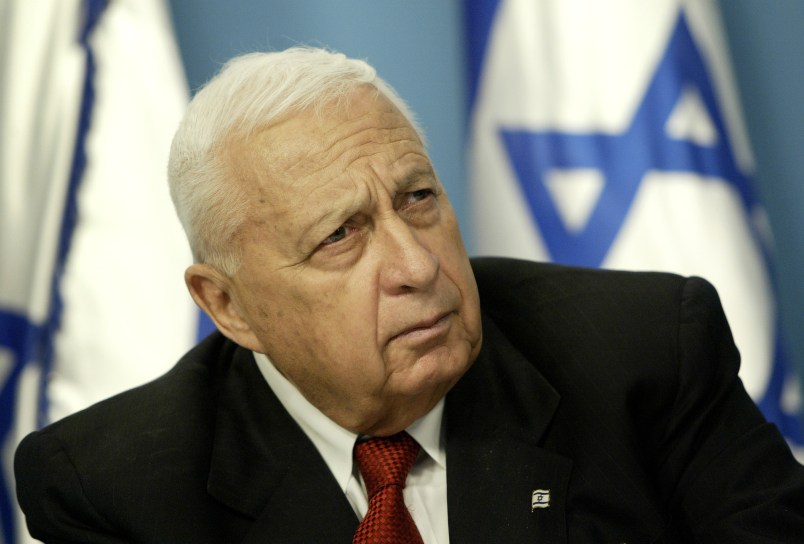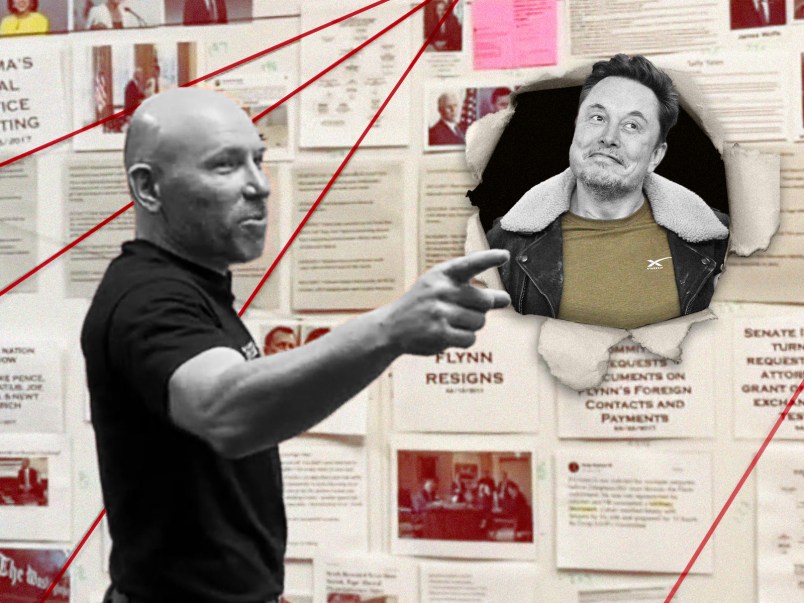JERUSALEM (AP) — Prime Minister Ariel Sharon, who has been in a coma for eight years, was in critical condition on Thursday, clinging to life after a decline in the functioning of various bodily organs, his doctors said.
Dr. Zeev Rotstein, director of Tel Hashomer hospital, said Sharon’s condition had deteriorated over the past two days and that a number of vital organs, including his kidneys, were suffering from “critical malfunction.”
“He is in critical condition and his life is definitely in danger,” Rotstein told reporters. “The feeling of the doctors treating him and also that of the family with him is that there is a turn for the worse.”
Sharon’s family are at his bedside, Rotstein said.
The 85-year-old Sharon, one of Israel’s most iconic and controversial figures, has been in a coma since suffering a devastating stroke in January 2006. At the time, he was prime minister and at the height of his political power.
Sharon’s career has stretched across Israel’s 65-year history.
As one of Israel’s most famous generals, Sharon was known for bold tactics and an occasional refusal to obey orders. As a politician he became known as “the bulldozer” — a man contemptuous of his critics while also capable of getting things done.
Sharon is credited with helping turn the tide of the 1973 Mideast war when Arab armies launched a surprise attack on Israel on the solemn fasting day of Yom Kippur, causing large Israeli casualties. He led an Israeli force across the Suez Canal, trapping part of the Egyptian army and turning the war in Israel’s favor.
A prominent hard-line voice over the decades, he was elected prime minister in 2001.
In mid-2005, he directed a unilateral withdrawal of Israeli troops and settlers from the Gaza Strip, ending a 38-year military control of the territory. It was a shocking turnaround for a man who had been a leading player in building Jewish settlements in captured territories.
He later bolted from his hard-line Likud Party and established the centrist Kadima Party. It seemed he was on his way to an easy re-election when he suffered the stroke in January 2006. His deputy, Ehud Olmert, took over and was elected prime minister a few months later.
Sharon had a first, small stroke in December 2005 and was put on blood thinners before experiencing a severe brain hemorrhage on Jan. 4, 2006.
After spending months in the Jerusalem hospital where he was initially treated, Sharon was transferred to the long-term care facility at Tel Hashomer hospital. He was taken home briefly at one point but was returned several days later to the hospital, where he has been since.
Although Sharon never regained full consciousness, his family has said he occasionally blinks his eyes and moves his fingers.
Copyright 2014 The Associated Press. All rights reserved. This material may not be published, broadcast, rewritten or redistributed.









